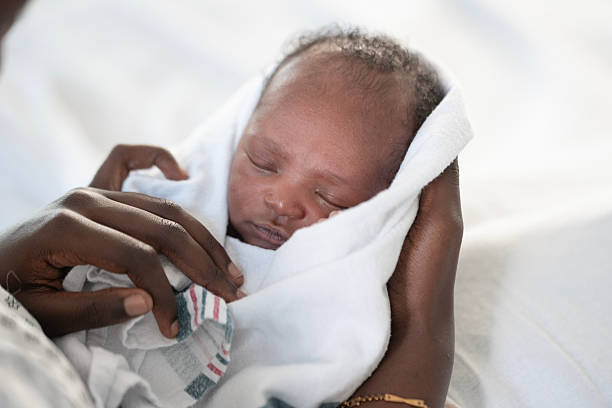By Evans Matthews
For decades, the fight against malaria has been a story of remarkable progress shadowed by stubborn tragedy. Yet, in 2024, a historic breakthrough by Novartis has brought renewed hope — the world’s first malaria drug specifically formulated for newborns and infants weighing less than 4.5 kilograms. This innovation could save thousands of young lives in regions where malaria remains a leading cause of child mortality.
Until recently, treatment options for infants under two months old were virtually non-existent. Doctors had to improvise by scaling down adult doses, a practice fraught with risk. “It was like walking a medical tightrope,” said Dr. Lillian Okoye, a pediatrician at Lagos University Teaching Hospital. “We often had to choose between giving too little to cure or too much that might harm.”
Novartis’ new therapy changes that equation. It comes as a carefully measured formulation tailored for neonatal metabolism, offering both safety and efficacy. The drug, developed in collaboration with global health organizations and local research partners, is set to be rolled out across sub-Saharan Africa and Southeast Asia — two regions where malaria still kills nearly 600,000 people annually, most of them children under five.

“This breakthrough closes a gap that has persisted for decades,” said Dr. Felix Adekunle, a WHO malaria specialist. “It ensures that even the smallest and most fragile patients are not left behind in the fight against one of humanity’s oldest diseases.”
Clinical trials conducted in Ghana, Kenya, and Bangladesh demonstrated that the new formulation achieved rapid parasite clearance with minimal side effects. Equally significant is Novartis’ decision to make the drug available on a not-for-profit basis in high-burden countries. This move, praised by humanitarian groups, signals a growing awareness that global health equity must accompany scientific progress.
However, challenges remain. The success of this innovation depends heavily on local logistics — from maintaining cold-chain storage in rural areas to training healthcare workers on proper dosing. In some remote regions, access to even basic healthcare remains patchy. “Developing the drug is only half the journey,” noted Dr. Adekunle. “Getting it to the child in a village clinic is the real test.”
International partnerships are stepping in to bridge that gap. The Global Fund, UNICEF, and several African ministries of health have committed resources to integrate the new therapy into national malaria treatment protocols. Early pilot programs in Nigeria and Uganda are already showing promising results in reducing infant mortality.
Beyond the immediate victory, this development symbolizes something deeper — a shift in global pharmaceutical priorities. For too long, drug research has focused on profitable diseases rather than preventable deaths. By directing innovation toward newborns in the developing world, Novartis is setting a new moral standard in global health.
“Every newborn deserves the chance to live, no matter where they’re born,” Dr. Okoye reflected. “This drug is not just a scientific breakthrough — it’s an act of justice.”
Indeed, in the long war against malaria, saving the youngest lives may be humanity’s most meaningful triumph yet.





